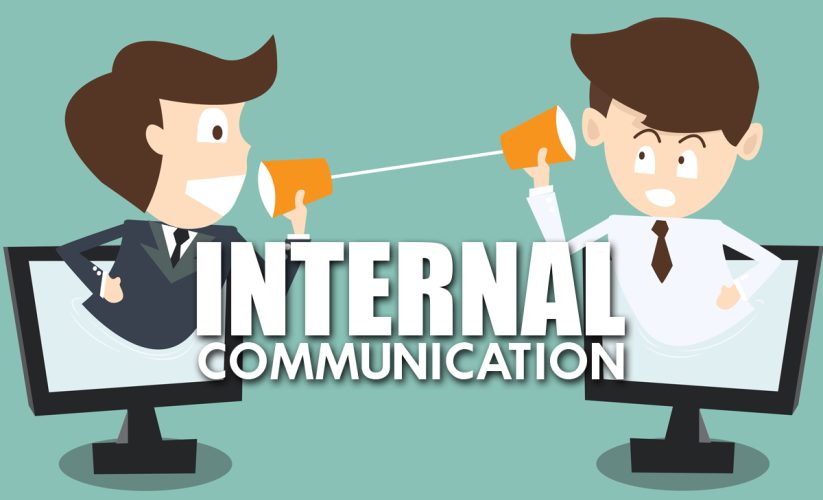
Implementing Medical Call Center Services in Your Healthcare Practice
In an era where healthcare demands are constantly evolving, effective communication is more critical than ever. Medical call center services have emerged as a vital solution for healthcare practices, helping streamline operations, enhance patient satisfaction, and improve overall care quality. Implementing these services can seem daunting, but with the right approach, it can lead to significant benefits for both healthcare providers and patients. This article will guide you through the process of implementing medical call center services in your healthcare practice, exploring the steps involved and the potential advantages.
Understanding Medical Call Center Services
Medical call center services encompass a range of functions designed to facilitate communication between healthcare providers and patients. These services can include appointment scheduling, patient inquiries, follow-up care, telehealth support, and more. By integrating these services into your practice, you can ensure that patients receive timely information and support, ultimately improving their healthcare experience.
Benefits of Medical Call Center Services
Before delving into the implementation process, it’s important to understand the benefits these services can bring to your healthcare practice:
- 24/7 Availability: Patients often require assistance outside of regular office hours. Medical call centers provide round-the-clock support, ensuring that patients can reach out whenever they need help.
- Efficient Appointment Management: Streamlining appointment scheduling reduces the administrative burden on your staff, allowing them to focus on patient care.
- Enhanced Patient Education: Call center representatives can provide patients with essential information regarding treatments, medications, and procedures, promoting better understanding and adherence.
- Improved Patient Satisfaction: By ensuring timely communication and support, medical call center services can enhance patient satisfaction and loyalty.
- Data Management: Call centers can gather valuable data regarding patient interactions, preferences, and feedback, which can be used to improve services and patient care.
Steps to Implement Medical Call Center Services
Implementing medical call center services in your healthcare practice involves several key steps:
1. Assess Your Needs
Start by evaluating your practice’s specific needs and objectives. Consider the types of services that would be most beneficial for your patients and staff. Common questions to address include:
- What volume of patient inquiries do you currently handle?
- Are there specific times when your staff is overwhelmed with calls?
- What types of services would enhance patient care (e.g., appointment scheduling, follow-up calls, telehealth support)?
2. Choose the Right Service Provider
Selecting the right medical call center service provider is crucial for successful implementation. Research potential providers and evaluate them based on the following criteria:
- Experience and Specialization: Look for a provider that specializes in healthcare and has experience working with practices similar to yours.
- Technology and Infrastructure: Ensure that the provider uses advanced technology for call management, data analytics, and reporting.
- Staff Training: Inquire about the training programs for call center representatives, particularly in areas such as medical terminology, customer service, and cultural sensitivity.
- Customization: Choose a provider that offers customizable services to meet the unique needs of your practice.
3. Develop Clear Protocols
To ensure smooth operations, develop clear protocols and guidelines for your medical call center services. This includes:
- Standard Operating Procedures (SOPs): Create SOPs for handling various types of calls, including appointment scheduling, inquiries, and follow-ups.
- Communication Guidelines: Establish guidelines for how call center representatives should communicate with patients, ensuring consistency and professionalism.
- Escalation Procedures: Define protocols for escalating calls that require immediate attention or involve complex issues.
4. Integrate Technology
Effective integration of technology is essential for the success of medical call center services. Consider the following:
- Patient Management Systems: Ensure that your call center is integrated with your practice management software to streamline appointment scheduling and patient records.
- Telehealth Platforms: If applicable, integrate telehealth solutions to facilitate virtual consultations and follow-ups.
- Data Analytics Tools: Utilize analytics tools to track call metrics, patient satisfaction, and feedback, enabling continuous improvement.
5. Train Your Staff
Training is a critical component of implementing medical call center services. Ensure that both your internal staff and call center representatives are adequately trained to provide the best possible patient care.
- Cross-Training: Train your internal staff on how the call center operates, including how to manage patient inquiries and follow-ups.
- Call Center Training: Ensure that call center representatives receive comprehensive training in medical terminology, customer service, and your specific practice protocols.
6. Monitor Performance
Once your medical call center services are up and running, it’s essential to monitor performance continuously. This includes tracking key performance indicators (KPIs) such as:
- Call volume and response times
- Appointment scheduling accuracy
- Patient satisfaction ratings
- Follow-up call effectiveness
Regularly reviewing these metrics will help you identify areas for improvement and ensure that your call center is meeting its objectives.
7. Gather Patient Feedback
Soliciting feedback from patients is crucial for assessing the effectiveness of your medical call center services. Consider implementing:
- Surveys: Create surveys to gather patient feedback on their experiences with the call center, focusing on areas such as responsiveness, professionalism, and satisfaction.
- Direct Communication: Encourage patients to share their thoughts during follow-up calls or in-person visits, creating an open line of communication.
Conclusion
Implementing medical call center services in your healthcare practice can significantly enhance patient communication, streamline operations, and improve overall care quality. By assessing your needs, choosing the right service provider, developing clear protocols, and continuously monitoring performance, you can effectively integrate these services into your practice.
As the healthcare landscape continues to evolve, the importance of effective communication cannot be overstated. By embracing medical call center services, your practice can ensure that patients receive the support and information they need, ultimately leading to better health outcomes and higher patient satisfaction.





